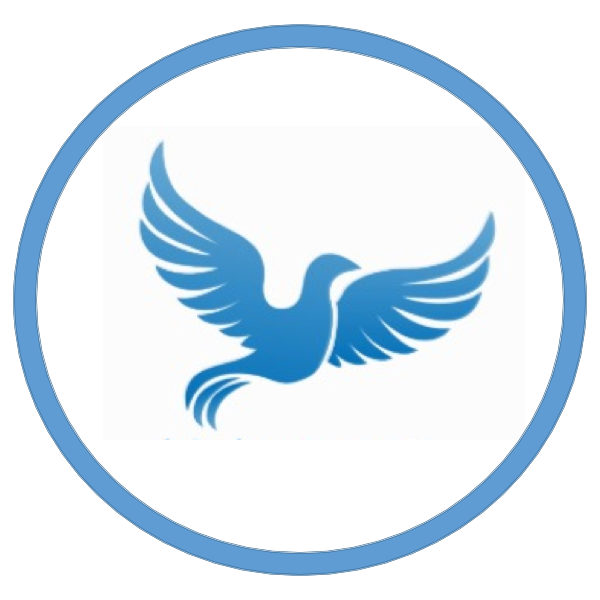rTMS for Motor and Mood Symptoms of Parkinson's Disease
Description
Repetitive Transcranial Magnetic Stimulation (rTMS) is a non-invasive means of brain stimulation which can produce changes to brain excitability. Following a series of daily rTMS sessions, this modulation of neural circuits and other distant effects may help some of the motor and neuropsychiatric symptoms of PD for months at a time. Recently, the FDA approved daily rTMS over the prefrontal cortex as a treatment for medication-refractory depression after demonstration of efficacy in sham-controlled trials and its safety profile. Among several small and pilot studies of rTMS in PD patients, rTMS over either the motor cortex or prefrontal cortex has been reported to show beneficial effects on motor and mood (depression) symptoms with no serious adverse events. However, the relative effectiveness of rTMS over motor, prefrontal, or both regions on both mood and motor symptoms, has yet to be established in PD patients.
We propose to conduct a four-center, blinded, sham-controlled, randomized, parallel-group study of fixed-dose, high-frequency rTMS in 160 PD patients who are experiencing depressive symptoms despite an adequate trial of at least one antidepressant. Subjects will be randomized to receive rTMS over either motor cortex, prefrontal cortex, both, or neither (sham-rTMS). Subjects will receive rTMS for 25 minutes over either the prefrontal cortex (the brain region associated with mood and depression), and/or primary motor cortex (associated with motor control), and/or sham-rTMS. After 10 days of rTMS (or sham) treatment over a 2-week period, all subjects will undergo a comprehensive assessment of motor, mood, cognition and quality of life on the first working day after the last rTMS treatment, and after 1, 3 and 6 months post-treatment. This study directly addresses the expansion of rTMS as an alternative treatment for depression in the PD population and will provide evidence as to whether motor cortex stimulation will provide additional and/or separate benefit to motor symptoms.




